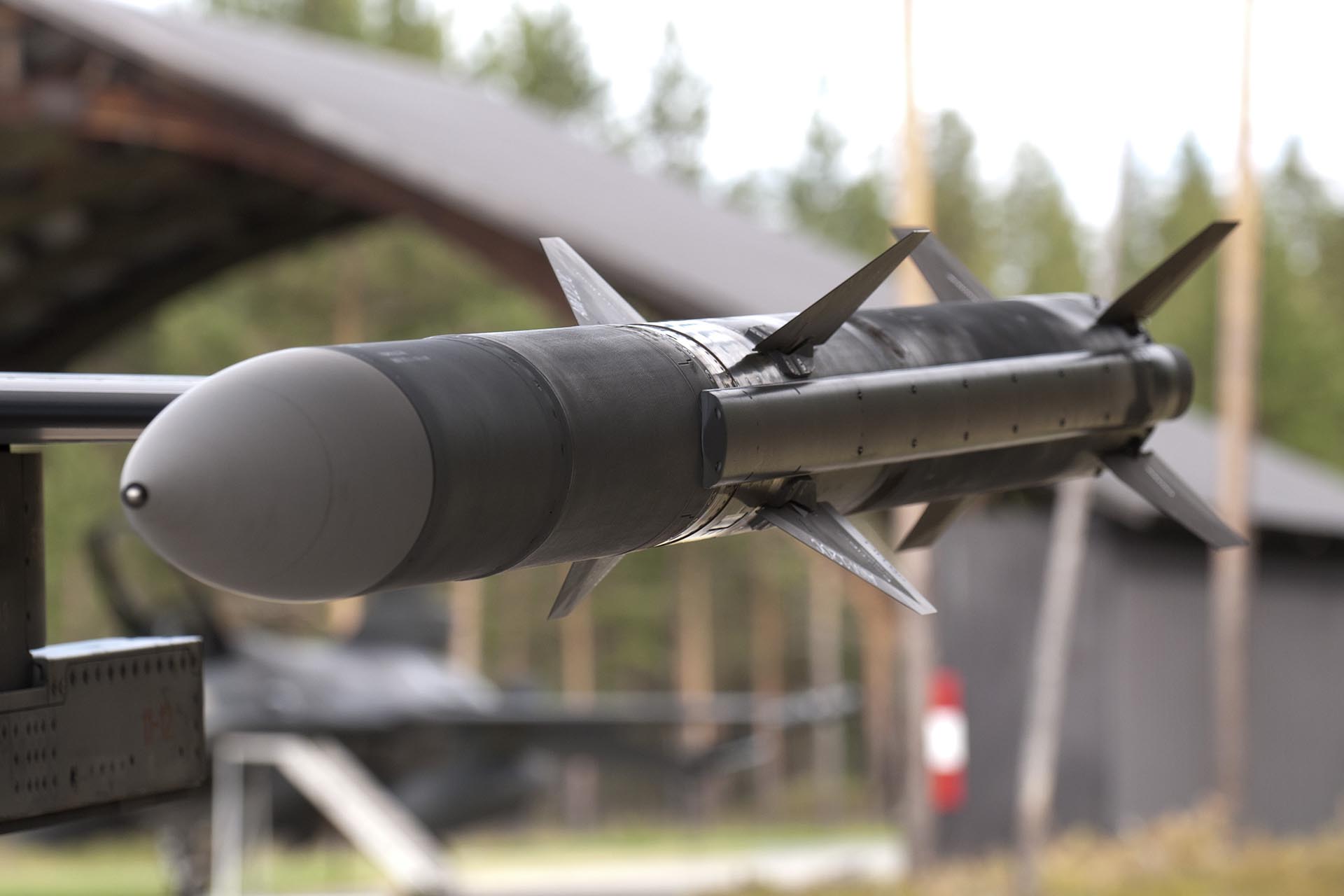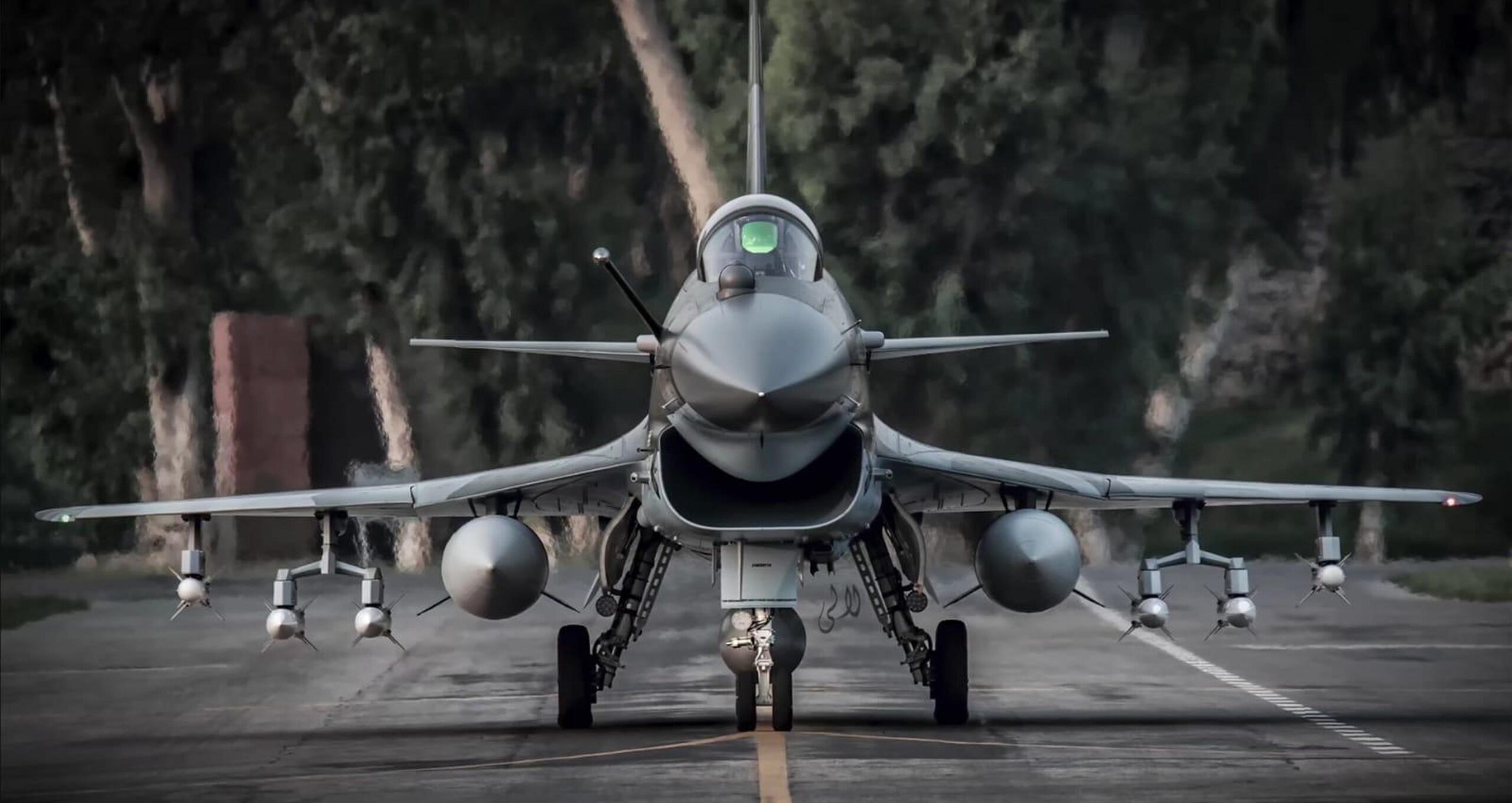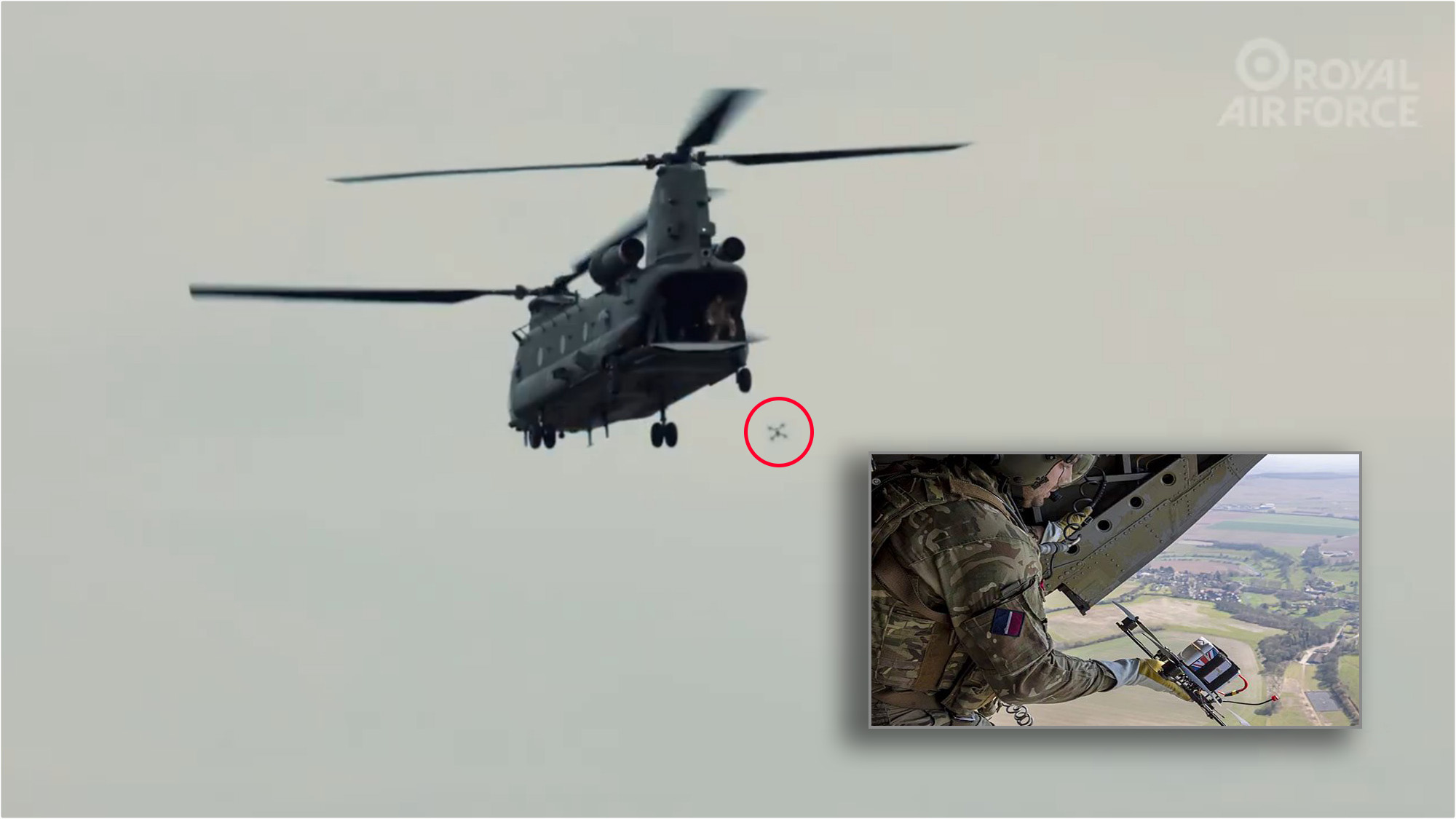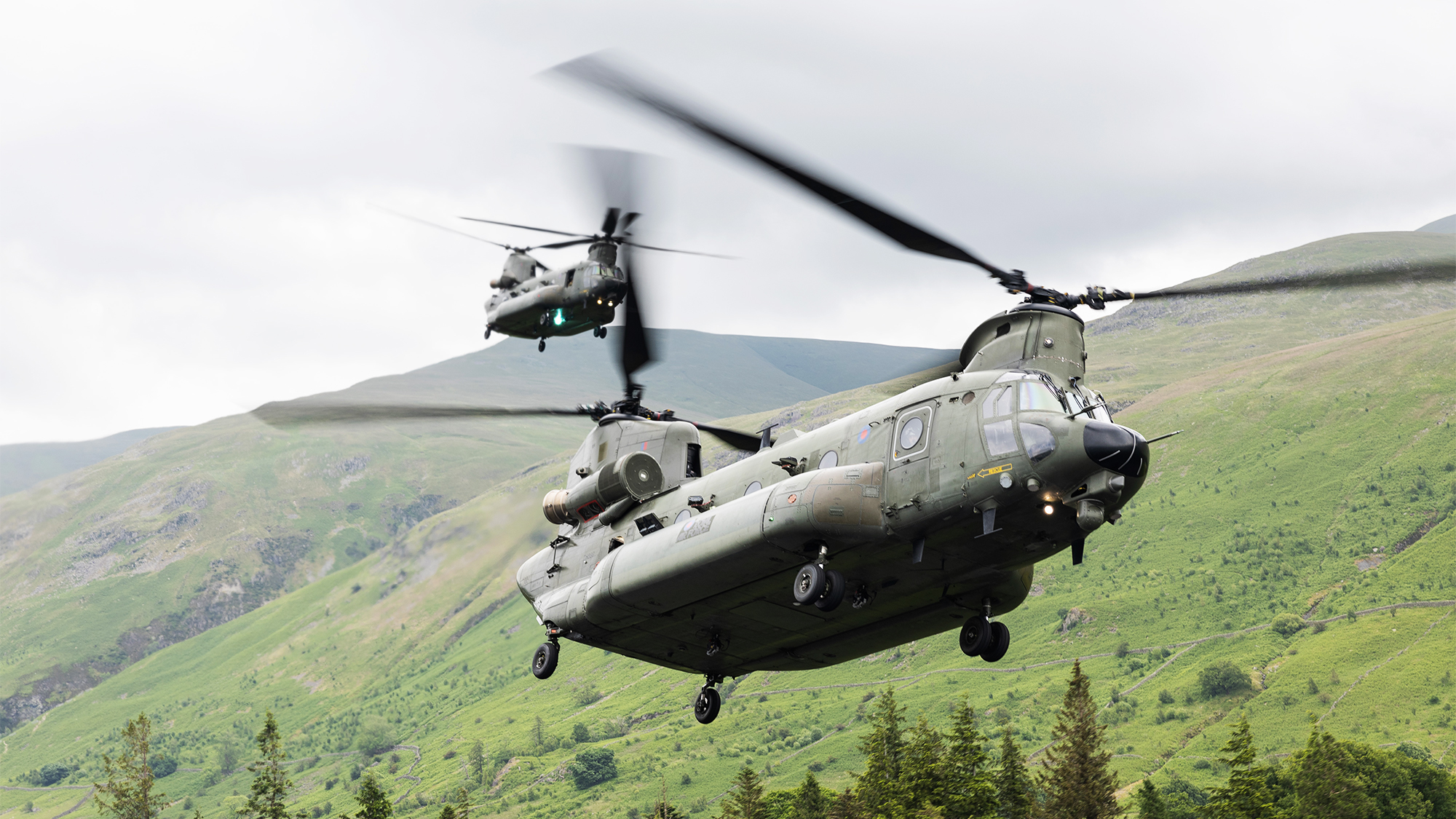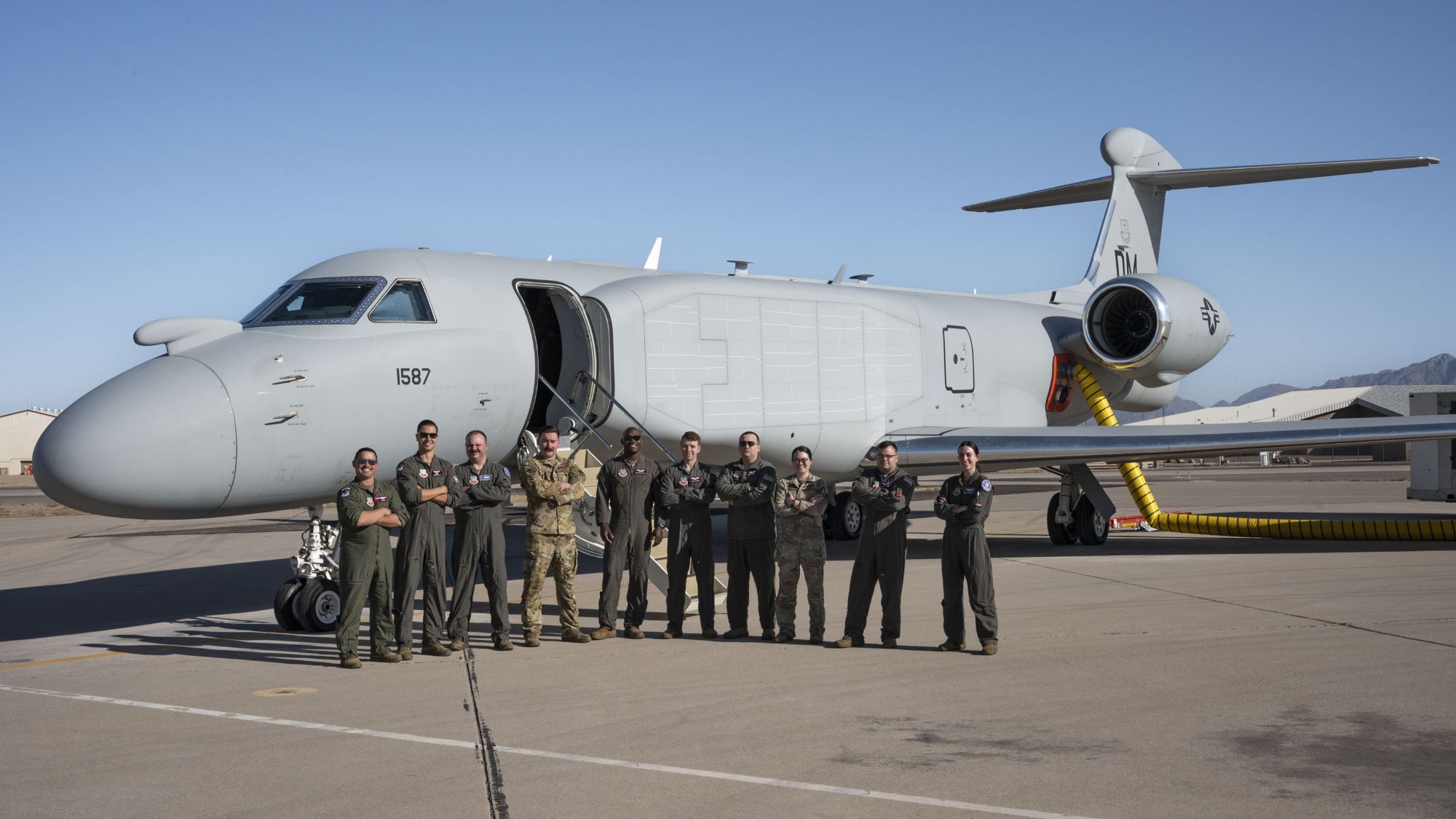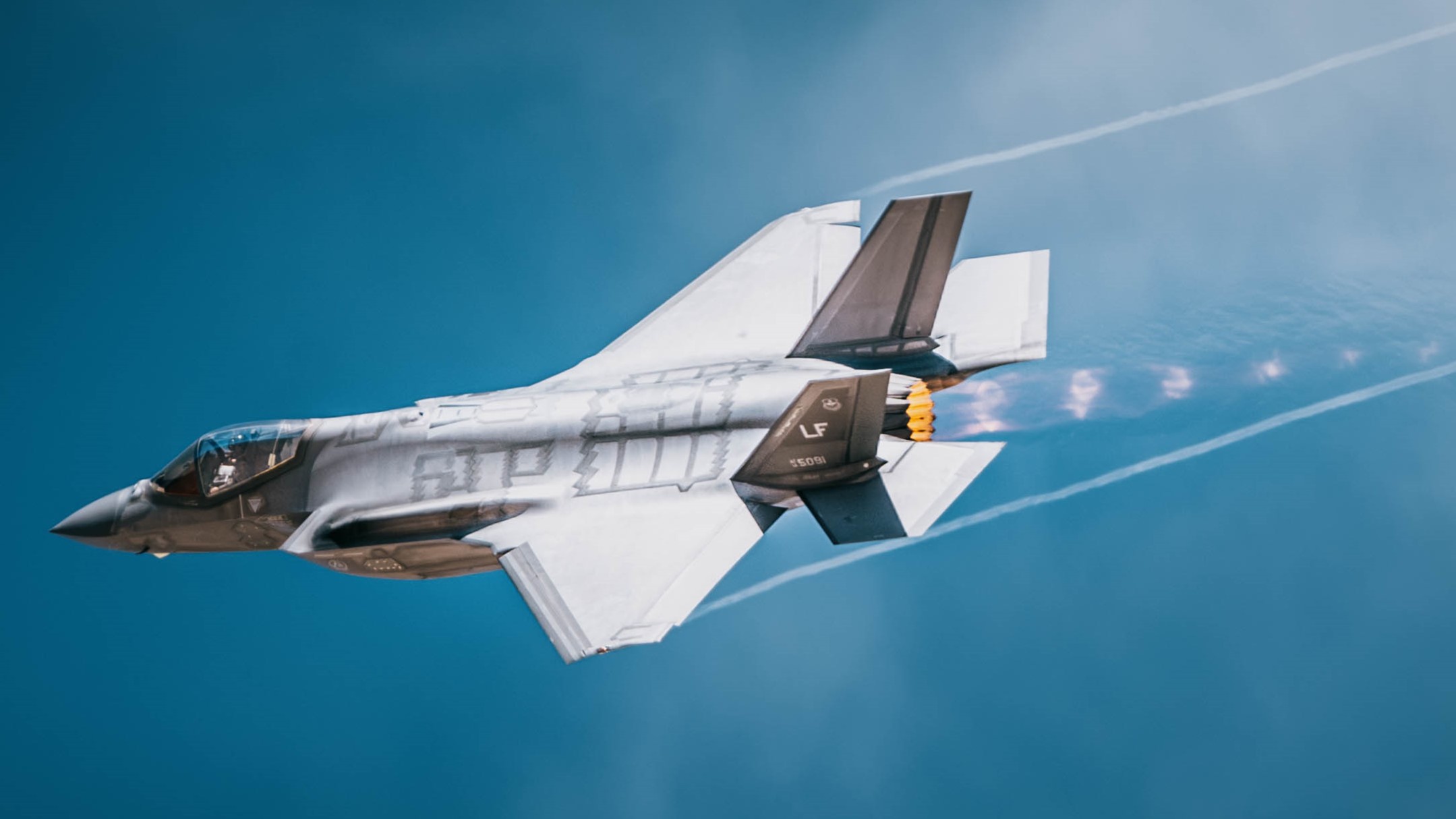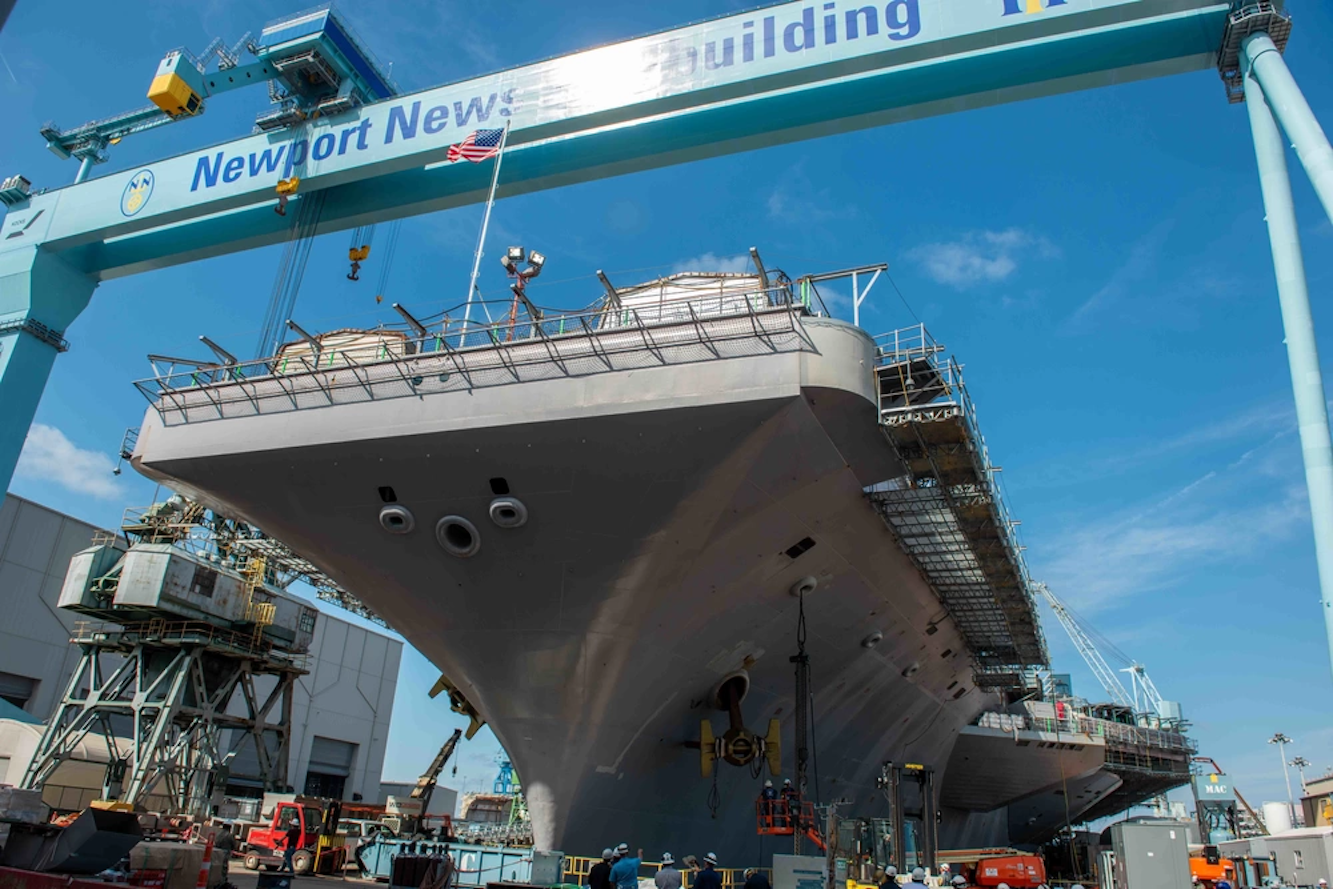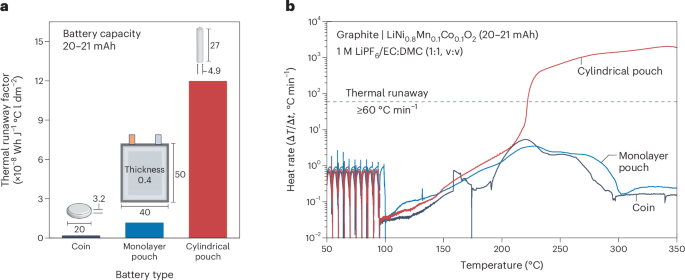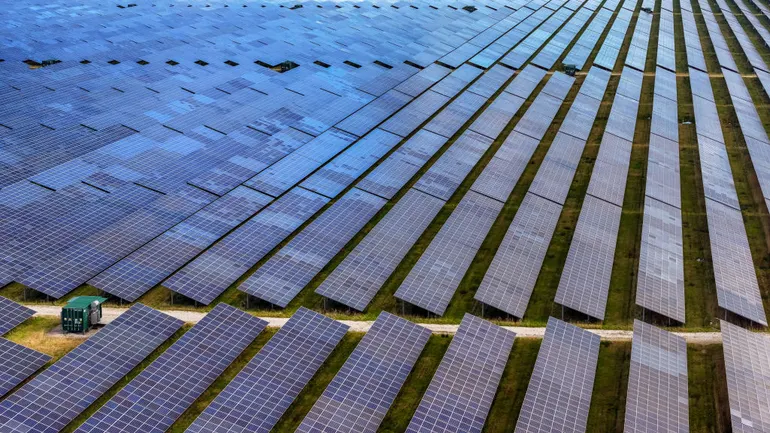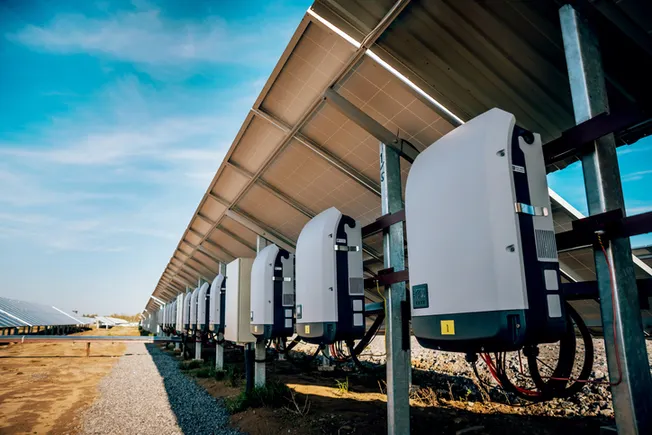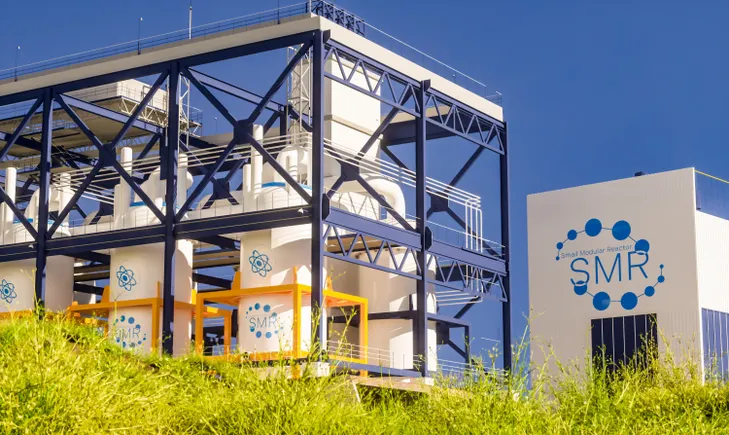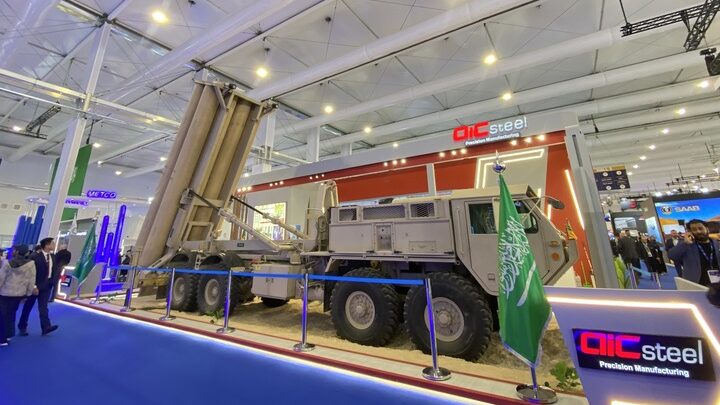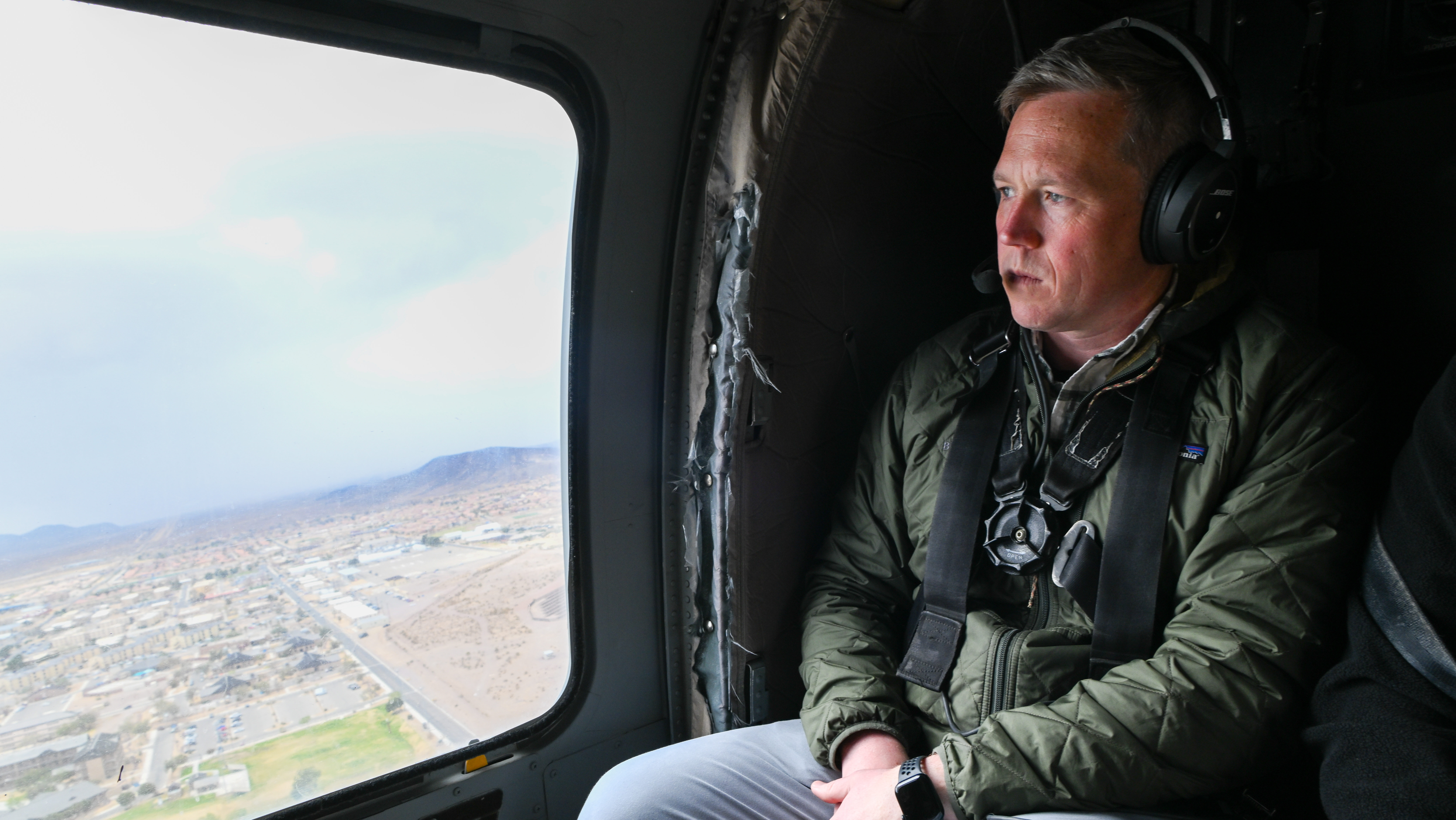US policymakers beware: Egypt’s relationship with China is preparing for takeoff
FDD’s Mariam Wahba and Ryan Brobst argue in this op-ed that the US should rethink its relationship with Cairo amid Beijing’s inroads.


J-10 aircraft of the Bayi Aerobatic Team perform in the celebrations marking the 50th anniversary of the establishment of China-Thailand diplomatic relations at Don Mueang International Airport on March 7, 2025 in Bangkok, Thailand. (Photo by VCG/VCG via Getty Images)
Hopes of a better US-Egyptian relationship may have just been blown away by the afterburners of Chinese J-10 fighters.
Cairo’s participation in an 18-day combined air exercise with Beijing that ended on May 4 and included Chinese aircraft overflying the pyramids underscores Egypt’s growing willingness to train with and possibly buy advanced weapons from America’s most formidable adversary.
While there is no indication that Egypt’s American-made F-16s were involved in this exercise, Washington should make clear that any future participation of US-origin systems in combined drills with Chinese forces would cross a red line. Such use should trigger an immediate halt to the provision of spare parts, upgrades, and other advanced US defense equipment.
Meanwhile, Congress should also initiate a review of US procedures for monitoring the end-use of American weapons sold abroad and reassess the level of Egypt’s annual Foreign Military Financing (FMF).
Dubbed “Eagles of Civilization 2025,” the Sino-Egyptian bilateral exercise prominently featured the Chinese J-10 multi-role fighter jet just months after the aircraft made a high-profile appearance at Cairo’s international airshow.
Other Chinese aircraft that participated in the exercise include the KJ-500 early warning aircraft, the Y-20 transport aircraft, the Y-20U aerial tanker, and the Z-20 helicopter. The Egyptian air force flew MiG-29s as part of the exercises, although Cairo has been less than forthcoming about its specific contributions, with most of the information released coming from Chinese sources, possibly in an attempt to dodge criticism from the United States and other Western partners.
According to Chinese state media, the exercise was the first of its kind in which the Egyptian and Chinese militaries trained for air superiority, suppression of air defenses, battlefield search and rescue, and aerial refueling missions.
In a video released by Chinese state media, an Egyptian pilot can be seen in the rear seat of a J-10, underscoring the opportunities for the Egyptian military to exchange valuable information with partners who consider the US military their primary foe.
Egypt already operates the Chinese K-8 trainer jet and is rumored to be interested in purchasing the J-10. Releasing a video of an Egyptian pilot in a J-10 is a clear indicator that Egypt is increasingly likely to move ahead with acquiring that aircraft, especially when combined with reports that Indian fighter jets may have been downed by Pakistani-operated J-10s firing Chinese-made PL-15 air-to-air missiles last week.
Eagles of Civilization 2025 follows a year of heightened Egypt-China engagement. Declared the “Year of the Egyptian-Chinese Partnership,” 2024 saw intensified economic and diplomatic ties. In September, an Egyptian delegation from the Suez Canal Economic Zone signed $1 billion worth of contracts and memorandums of understanding with Chinese companies. The year was capped off with a visit to Beijing by Egyptian Prime Minister Mostafa Madbouly.
This builds on what officials from both countries have called the “golden decade” of Egypt-China relations, a period defined by an expansion of bilateral trade and investment. From 2005 to 2013, Chinese companies earned $3.34 billion from contracts in Egypt, according to the American Enterprise Institute’s China Global Investment Tracker. From 2013 to 2023, that revenue stream climbed to $16.62 billion, nearly quintupling.
Growing economic ties extend to the defense sector. While Beijing has long supplied Cairo with small arms, the defense partnership between the two countries has grown in recent years, including Egypt’s 2018 fielding of Chinese Wing Loong drones and accompanying Blue Arrow-7 laser-guided missiles.
In addition to the Eagles of Civilization 2025 air exercise, the Egyptian Navy participated in combined exercises with the Chinese Navy in 2024, while Chinese military academies trained mid-career Egyptian military officers earlier this year.
Though Egypt’s transition away from the United States as its exclusive strategic partner was already visible several years ago, its recent acceleration is cause for concern.
Over the past 20 years, China’s posture in the region has evolved from focusing on building individual bilateral relations to a more cohesive regional strategy. This pivot has elevated Beijing’s image in Egypt and expanded its cultural and diplomatic influence.
Beijing views the Middle East as a region filled with opportunities to showcase its diplomatic prowess, erode US influence, and expand economic ties through defense sales and energy investments.
While the bilateral exercises and arms transfers between China and Egypt could be seen as more of the same, they are part of Cairo’s deliberate and long-running strategy to diversify its partnerships, including by working with US adversaries such as Russia and China.
The United States should make clear to Cairo that the inclusion of advanced American-built systems — like Egypt’s fleet of American-made F-16s — in military exercises with Chinese forces would result in the immediate cancellation of contracts to provide spare parts for the aircraft and a halt to purchases of other advanced weaponry. Congress should also ask the Government Accountability Office (GAO) to conduct a review of procedures to ensure that any non-compliance with US end-use monitoring requirements would be quickly detected.
US FMF to Egypt warrants renewed scrutiny. The United States currently provides Cairo around $1.3 billion in annual military aid as part of a commitment that began after Egypt signed a peace treaty with Israel in 1979. As Egypt deepens its defense cooperation with strategic adversaries like China, possibly in an attempt to narrow the gap between Cairo’s capabilities and Jerusalem’s, Congress should initiate a review to determine whether the current level of FMF to Egypt aligns with U.S. interests.
If Washington continues to treat Cairo as a steadfast security partner while ignoring its growing ties to US adversaries, policymakers risk undermining American security interests. While there is an obvious need to tread carefully given the complex diplomatic situation and ongoing conflict in Gaza, American dollars to Egypt should not be immune to review.
If Cairo insists on deepening military cooperation with Beijing, the United States must reassess how Egypt fits into Washington’s strategic goals. Without such a recalibration, the sight of Chinese jets over Egyptian skies may become a new normal.
Mariam Wahba is a Research Analyst at Foundation for Defense of Democracies (FDD), where Ryan Brobst is a Senior Research Analyst. FDD is a Washington, DC-based, nonpartisan research institute focusing on national security and foreign policy.









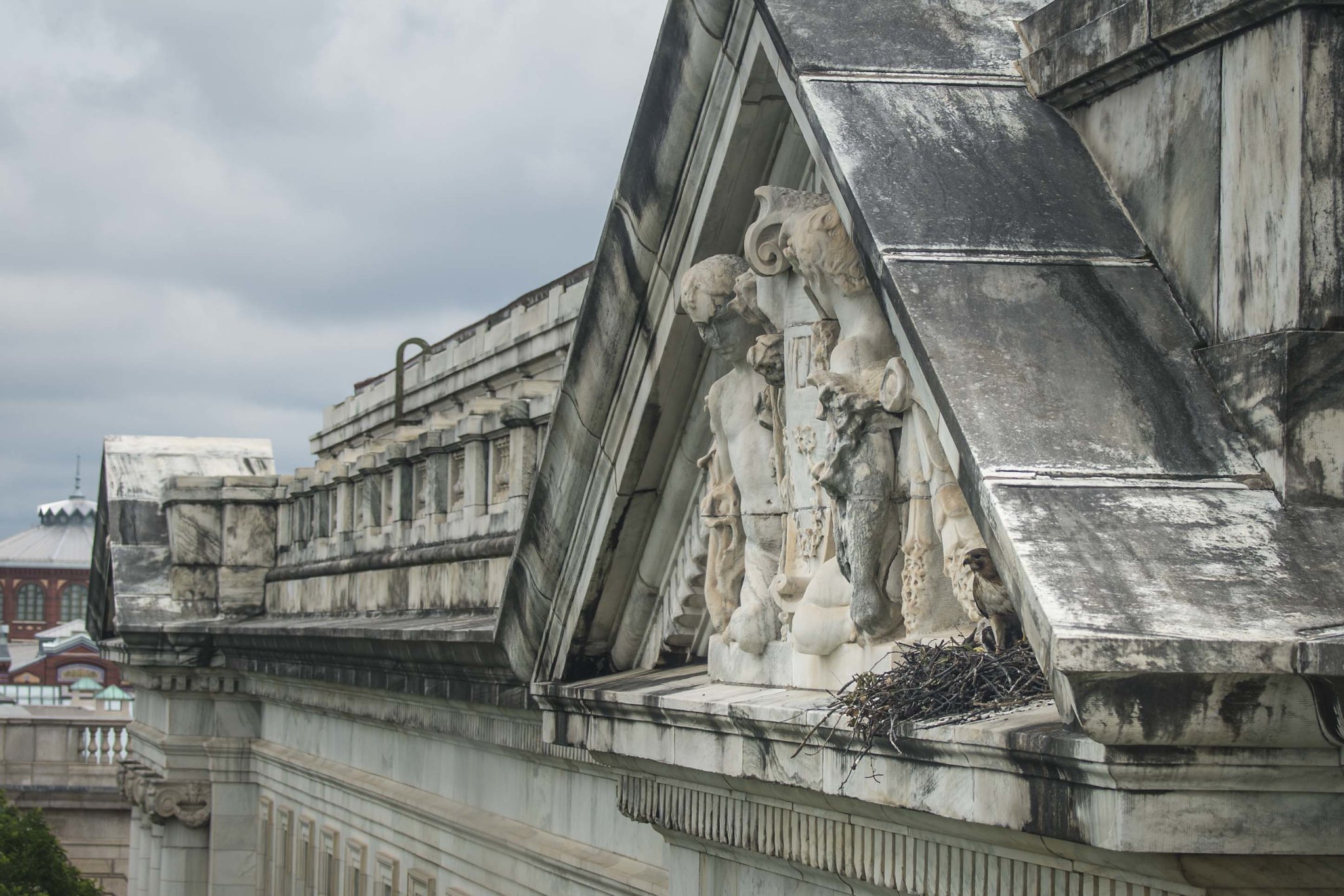

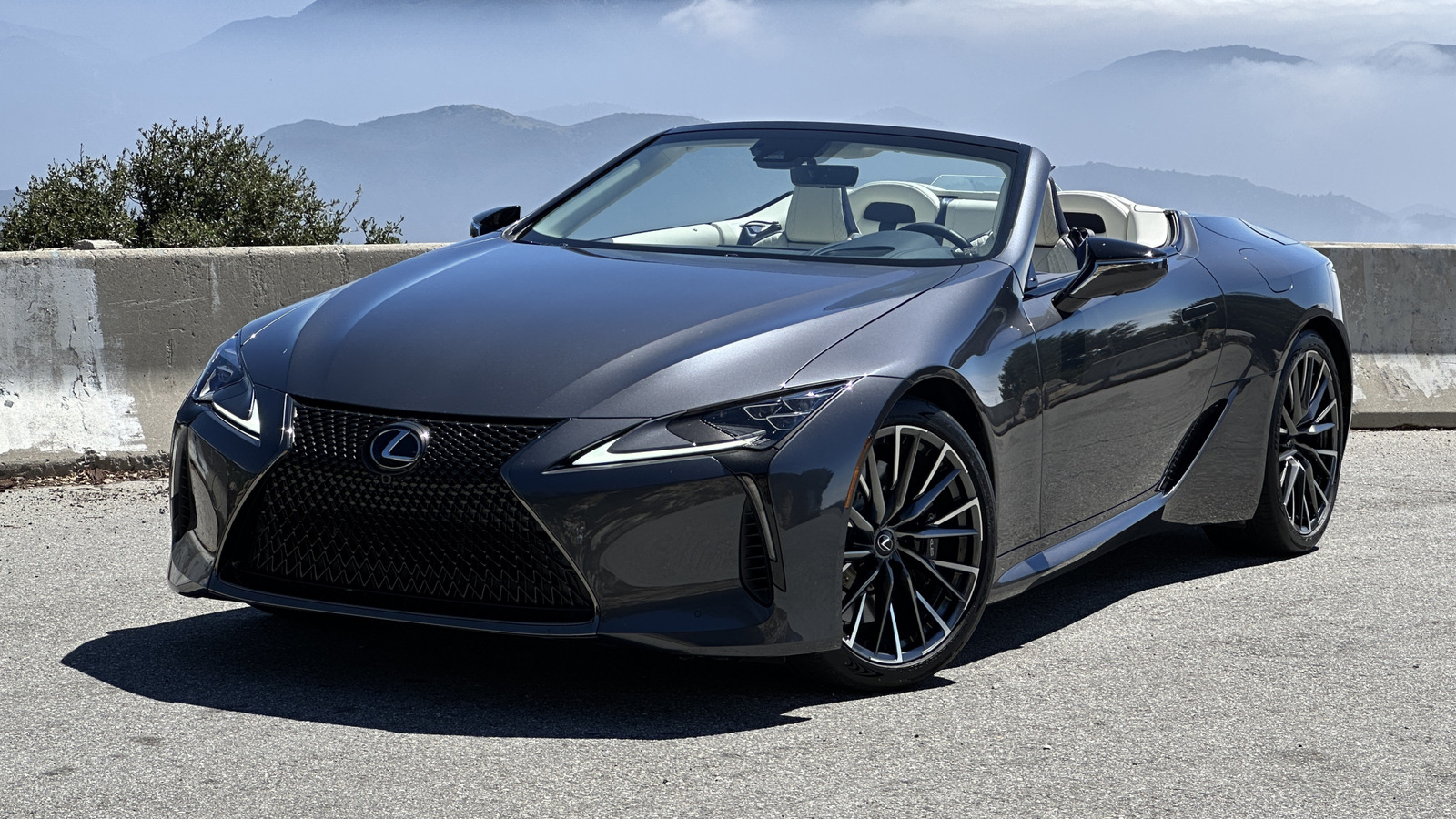


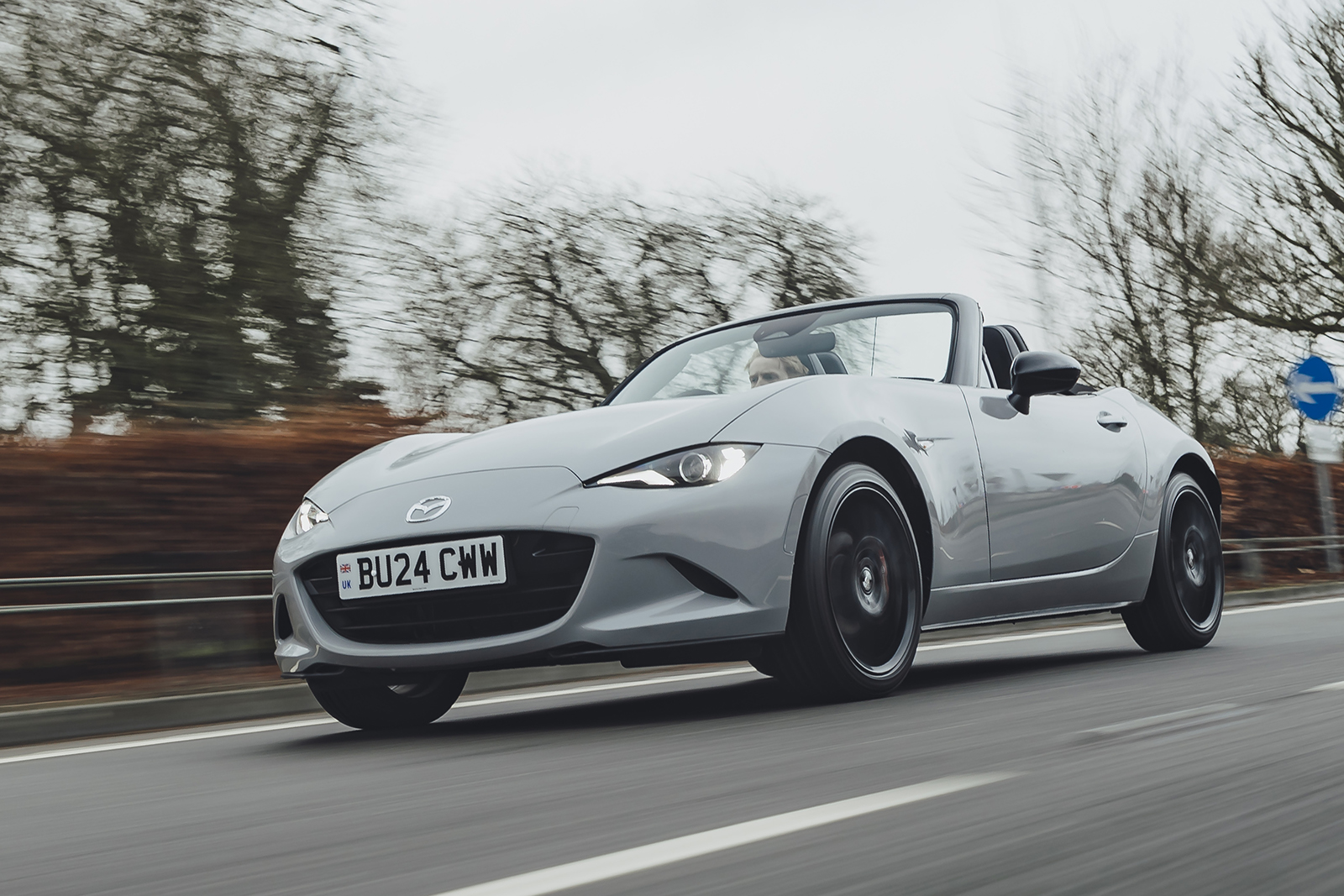








































































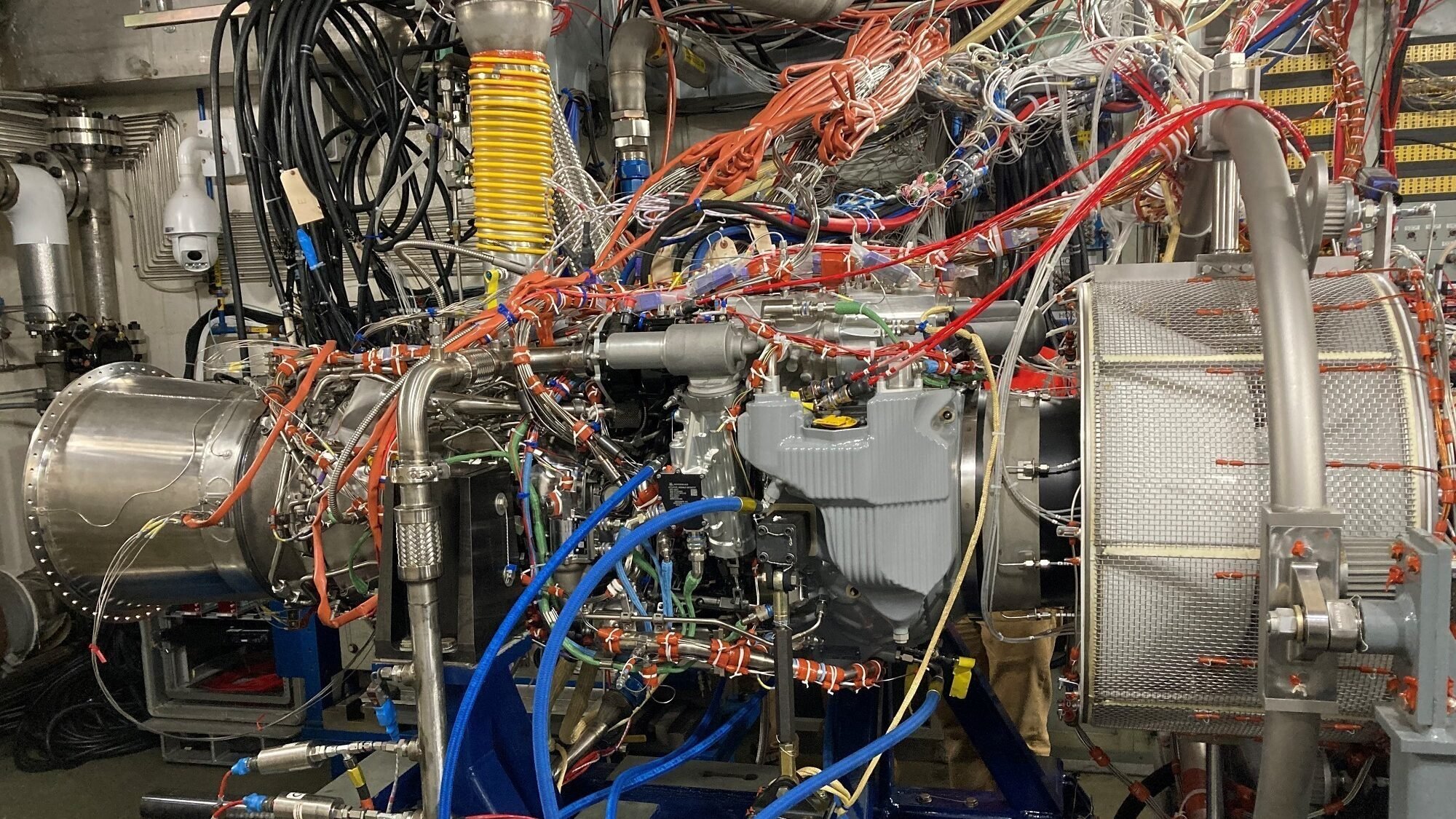
![The F-35’s future: The world’s most advanced stealth fighter and what comes next [Video]](https://breakingdefense.com/wp-content/uploads/sites/3/2025/03/8477353.jpg?#)


